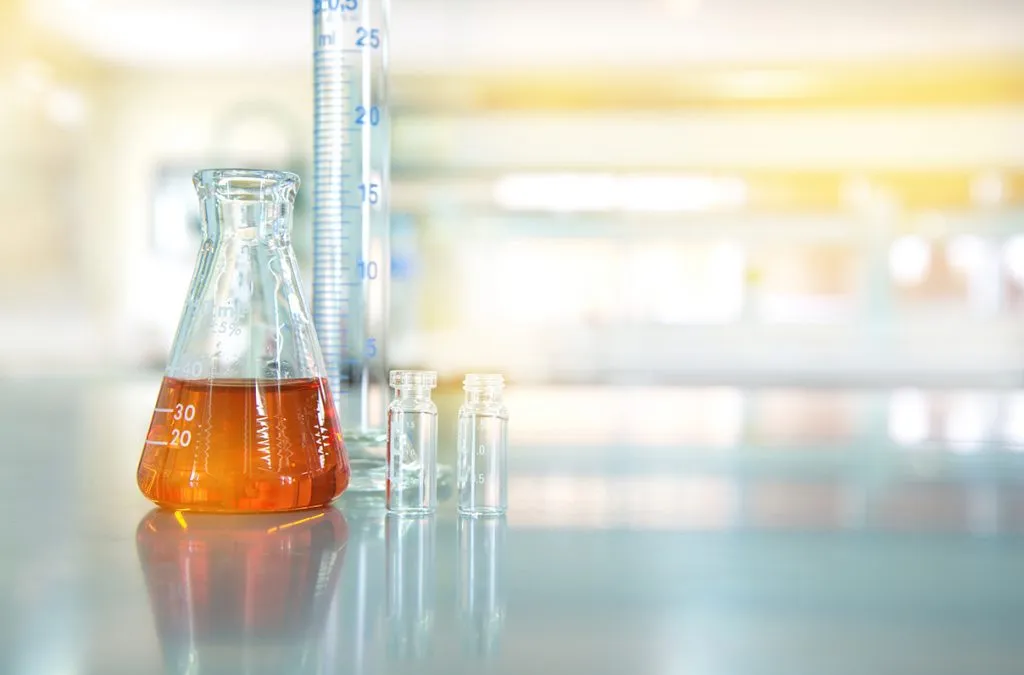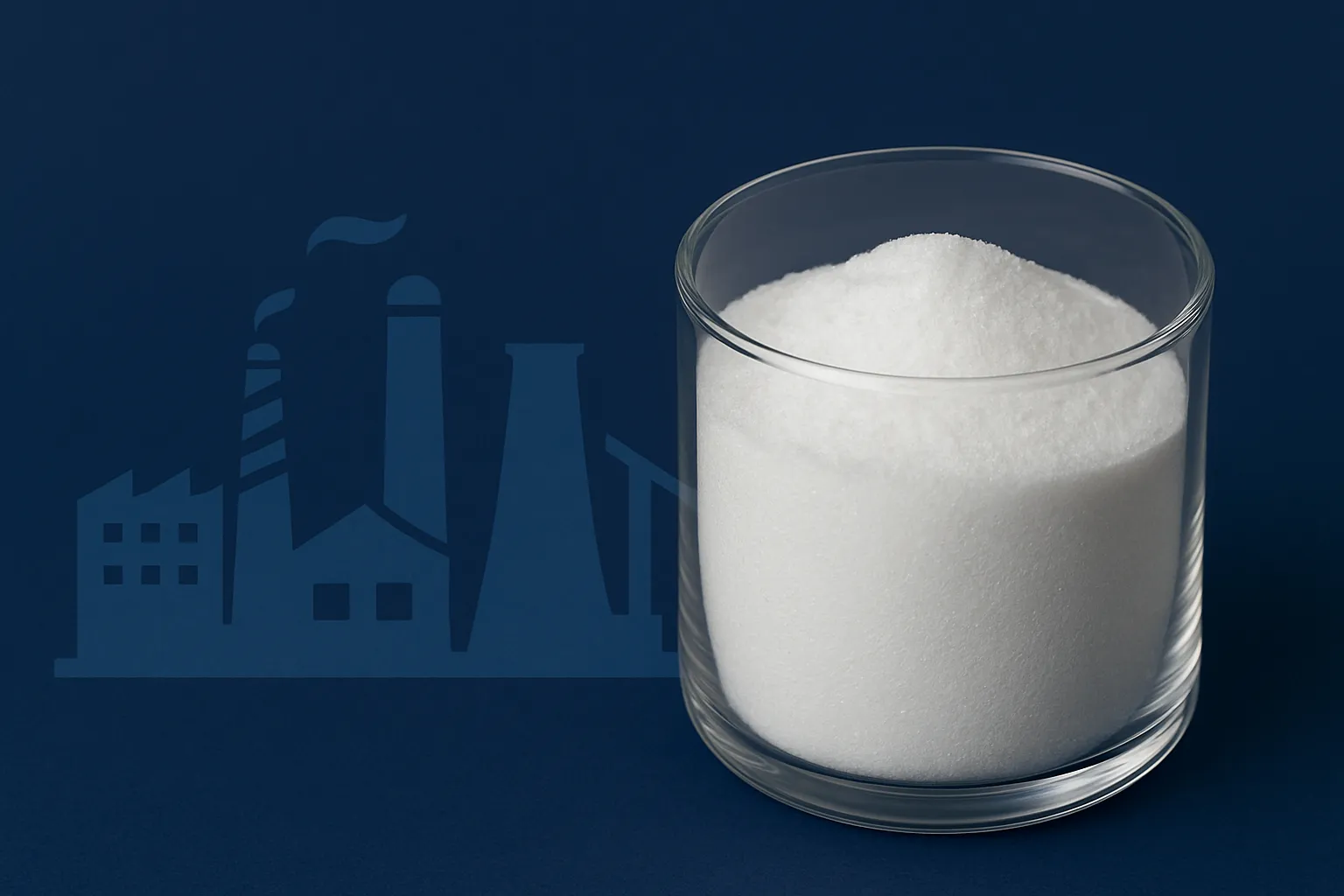Introduction
Sodium sulphate anhydrous is widely used in Indonesia's textile, detergent, and pulp industries due to its excellent chemical stability and low cost. However, industrial users and importers must navigate Indonesia’s strict regulatory environment before handling or distributing this compound. Understanding the legal classification, importation protocols, and compliance requirements is critical to staying competitive and avoiding penalties.
Indonesia’s approach to chemical regulation integrates multiple agencies, including the Ministry of Industry, Ministry of Trade, National Agency of Drug and Food Control (BPOM), and environmental bodies like KLHK. As global chemical markets become more interconnected, Indonesia is also aligning many of its protocols with ASEAN and global GHS standards. These factors all impact the commercial and operational success of sodium sulphate anhydrous suppliers.
For chemical suppliers like Tradeasia International, keeping up with these shifting policies is essential. As an importer or manufacturer, being proactive about licensing and compliance ensures not only legal operation but also customer trust.
This regulatory overview aims to guide stakeholders in the Indonesian sodium sulphate anhydrous market, helping them understand the bureaucratic landscape while offering commercial insights. Let’s explore the rules, agencies, and strategic practices shaping sodium sulphate trade in Indonesia.
Legal Classification of Sodium Sulphate Anhydrous in Indonesia
In Indonesia, sodium sulphate anhydrous is classified based on its intended use — industrial, pharmaceutical, or food-grade. For most applications in detergent and pulp manufacturing, it falls under the category of non-hazardous industrial chemicals. However, even though sodium sulphate is considered relatively safe, it is still subject to classification under Peraturan Menteri Perindustrian (Permenperin) guidelines and GHS standards.
Sodium sulphate must be declared under the correct HS Code (2833.11.00) during importation. This classification affects not only tariff rates but also licensing procedures. If a company fails to declare the accurate grade and function, it may face severe customs penalties. Indonesia follows international UN GHS guidelines, meaning safety data sheets (SDS) must be aligned with GHS labels and pictograms for import approval.
Manufacturers must also ensure that the substance is listed under the Indonesian Chemical Inventory (INS). If the product is not listed, it may trigger additional approval steps with the Ministry of Environment and Forestry (KLHK). This is particularly relevant for new blends or modified forms of sodium sulphate used in detergent innovation.
Finally, legal classification is also tied to the sector of use. If sodium sulphate is used in pharmaceuticals, it falls under BPOM regulation, requiring a distinct set of evaluations and pre-market approvals. For industrial uses, however, compliance rests more heavily with industrial and trade ministries.
Key Regulatory Bodies and Their Roles
Regulatory compliance for sodium sulphate anhydrous in Indonesia involves multiple authorities. The most significant are:
-
Ministry of Industry (Kemenperin): Oversees classification of industrial chemicals and issues product registration numbers.
-
Ministry of Trade (Kemendag): Handles import and export licensing through the INATRADE system.
-
Directorate General of Customs and Excise: Regulates HS code adherence and document checks at ports of entry.
-
BPOM (Badan POM): Regulates sodium sulphate used in pharmaceutical or food applications.
-
KLHK (Ministry of Environment and Forestry): Ensures environmental compliance for manufacturing waste and emissions.
Each agency requires specific documents, such as SDS, COA, and shipping manifests. Kemenperin may request a Material Safety Data Sheet (MSDS) that follows international formats, especially if the substance is handled in large volumes or stored in special warehouses.
Furthermore, importers must register on the SIPT (Sistem Informasi Perdagangan Terintegrasi) to streamline their import licenses and logistics. Some chemical suppliers also go through the SNI certification (Indonesian National Standard) for added compliance and local market acceptance.
Given the multi-agency structure, many businesses choose to work with commercial trade partners like Tradeasia who already have the licensing frameworks and logistics channels in place. This minimizes delays and costly errors in the import process.
Import and Distribution Licensing Requirements
Importing sodium sulphate anhydrous requires several permits and regulatory filings under Indonesian law. At minimum, companies must secure a General Importer Identification Number (API-U), register with INATRADE, and declare the correct HS code (2833.11.00) in the import document.
A critical license is the Surat Izin Usaha Perdagangan Bahan Kimia (SIUP-BK), which grants companies the right to trade industrial chemicals. For sodium sulphate, which is categorized as a relatively low-risk compound, this license is generally easy to acquire with the proper paperwork.
Importers also need to submit a Pre-shipment Inspection (PSI) document and often work with independent verifiers such as Sucofindo or SGS. Customs authorities will require a copy of the Certificate of Analysis (COA) and an MSDS compliant with GHS.
Distributors inside Indonesia need to ensure product traceability through a valid labeling system, batch tracking, and inventory documentation. Labels must be in Bahasa Indonesia, display GHS symbols, and include details on handling and first aid — even for industrial use.
Finally, any new business entering this market can benefit from Tradeasia’s distribution support. Their integrated network and contact channels simplify the licensing journey and help avoid regulatory pitfalls that may delay product entry.
Compliance in Manufacturing and Industrial Use
For local manufacturers using sodium sulphate anhydrous, compliance begins at the procurement stage and extends throughout the production cycle. Suppliers must ensure that each batch meets SNI or international ISO standards, and their SDS must be readily available at operational sites.
Environmental compliance is another major concern. The Environmental Management and Monitoring Effort (UKL-UPL) document is required for medium-scale industries using sodium sulphate, while AMDAL (Environmental Impact Analysis) is needed for large-scale factories. The KLHK regularly inspects facilities to assess emission levels and chemical handling procedures.
Worker safety is governed under Permenaker No. 5/2018, requiring employers to train staff in proper PPE usage, emergency response, and chemical storage. Even though sodium sulphate is considered low-risk, it must still be stored in moisture-free, sealed conditions to avoid contamination or degradation.
Manufacturers may also be audited for REACH equivalency if exporting finished goods to the EU or other regulated markets. This makes it vital to keep full documentation of sodium sulphate sourcing and traceability — which is easier when purchasing from verified suppliers listed on Tradeasia’s platform.
Remaining compliant also helps in forming strategic B2B partnerships, especially when dealing with global clients who demand GHS-aligned documentation, halal certification, and third-party test reports.
Conclusion: Ensuring Regulatory Success in Indonesia
Navigating the regulatory landscape for sodium sulphate anhydrous in Indonesia may seem complex, but it is manageable with the right information and partnerships. From proper HS classification and multi-agency registration to import licensing and industrial safety protocols, businesses must stay proactive and informed.
Working with experienced suppliers like Tradeasia International offers a practical advantage, as they already understand the regulatory nuances and have streamlined logistics. Whether you are importing, distributing, or manufacturing sodium sulphate, compliance isn’t just a legal requirement — it's a business strategy.
By staying up to date with Indonesia’s evolving chemical policies, companies can reduce the risk of fines or shipment delays and gain long-term credibility with customers and regulators alike.
To explore compliant sourcing options or request help with documentation, get in touch with our team today.



Leave a Comment